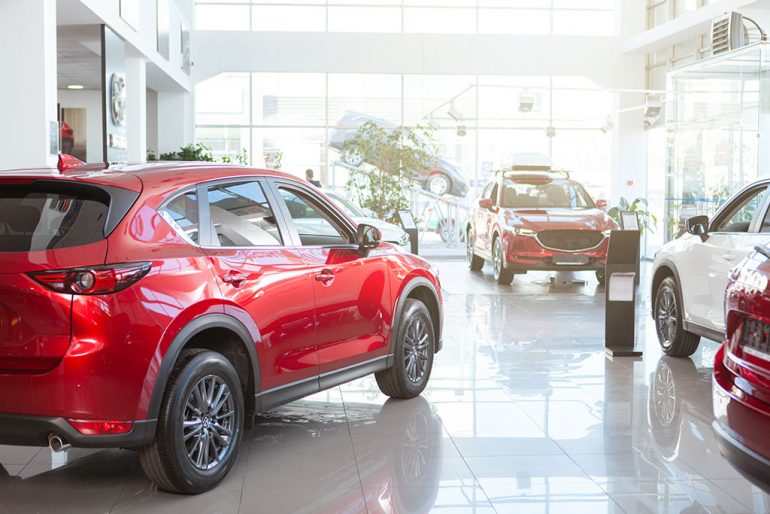
In the second quarter, new vehicle sales in the United States experienced a notable increase for leading global automakers. This rise can be attributed to the combination of improving supply and pent-up consumer demand, indicating that the impact of rising interest rates on purchases has been minimal thus far. The automotive industry faced challenges in vehicle production due to disruptions caused by the pandemic, particularly the shortage of semiconductor chips and other essential raw materials. This shortage affected automakers’ ability to meet the surging demand for cars, trucks, and SUVs. However, as supply chain issues gradually ease, these companies are now striving to compensate for the lost production.
According to Jonathan Smoke, the Chief Economist at Cox Automotive, the robust job market and the resourcefulness of consumers have enabled individuals to find avenues to purchase new vehicles amidst these circumstances. Toyota Motor’s North America unit reported a 7.13% increase in U.S. sales, amounting to 568,962 units for the quarter ending in June. On the other hand, General Motors surpassed Toyota during the same period, experiencing a nearly 19% rise with 691,978 units sold in the United States. In comparison to their counterparts, Toyota has encountered challenges in delivering a sufficient number of vehicles promptly to dealers.
Stellantis, reported a 6% overall increase in U.S. sales earlier in the week. Industry consultants J.D. Power and GlobalData estimate that total U.S. auto sales for the quarter ending in June will reach 4,116,600 units, marking an 18.2% rise compared to the previous year. The demand for electric vehicles remains high due to incentives provided under the Inflation Reduction Act and a price competition instigated by Tesla, the market leader, which achieved a record number of vehicle deliveries in the quarter.
However, analysts are closely monitoring several factors that could potentially impact the demand for vehicles. These factors include elevated interest rates, limited credit availability, and overall economic uncertainty. Such variables have the potential to negatively affect consumer demand in the automotive market.
Source: Reuters

Mike Floyd is a finance executive by trade and a car enthusiast at heart. As a CFO with a keen eye for detail and strategy, Mike brings his analytical mindset to the automotive world, uncovering fresh insights and unique perspectives that go beyond the surface. His passion for cars—especially his favorite, the Porsche 911, fuels his contributions to Automotive Addicts, where he blends a love for performance and design with his professional precision. Whether he’s breaking down industry trends or spotlighting emerging innovations, Mike helps keep the site both sharp and forward-thinking.